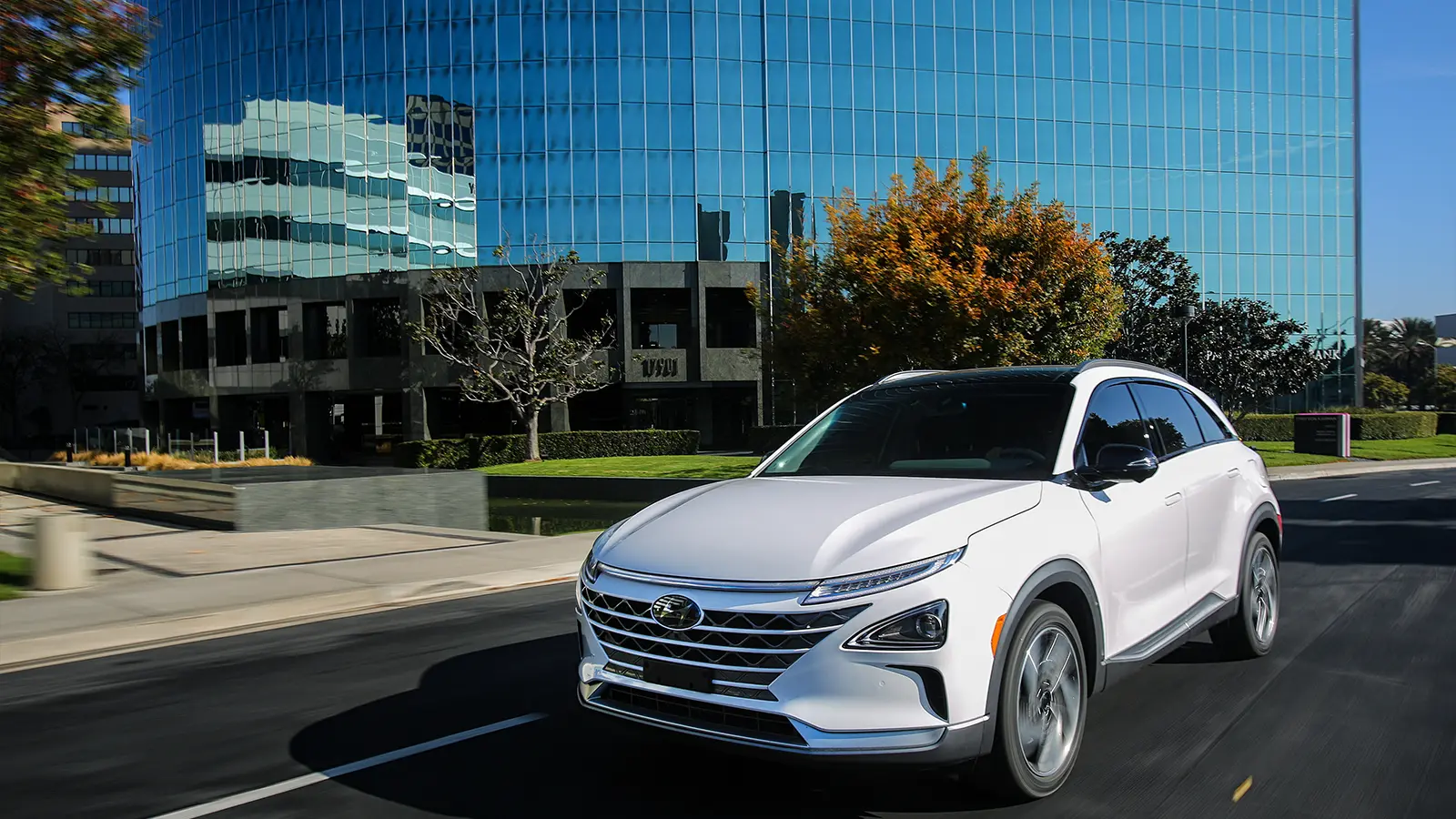How Fuel Cell Cars Compare to Other Vehicle Types
Hydrogen fuel cell vehicles (FCEVs) deliver many of the same advantages as electric cars when it comes to maintenance and ongoing ownership costs. With fewer moving parts, no combustion engine, and long-lasting fuel cell systems, FCEVs can offer reliable performance with minimal service. However, there are a few key differences and important cost factors to understand.
Routine Maintenance: What’s Involved?
Hydrogen vehicles require less frequent service than internal combustion engine (ICE) cars. Like battery electric vehicles (BEVs), they eliminate oil changes, spark plugs, and exhaust system repairs. However, FCEVs still include mechanical components that need regular attention. Expect to maintain:
- Brakes (including regenerative systems)
- Cabin air filters
- Coolant systems (especially for the fuel cell stack)
- Tires and suspension components
- Software updates
Because regenerative braking reduces wear on pads and rotors, brake service is often less frequent than in gas-powered vehicles.
Fuel Cell and System Durability
The hydrogen fuel cell stack is at the heart of the system. It combines hydrogen with oxygen to generate electricity, powering the electric motor. Most fuel cell stacks are designed to last over 100,000 miles, and manufacturers typically back them with warranties of eight years or more.
Other long-life components include:
- High-pressure hydrogen tanks (typically warrantied for 10 to 15 years)
- Electric motors (shared with many hybrid and electric cars)
These components are engineered to be durable and safe across the full life of the vehicle.
Refueling Costs: What Does Hydrogen Cost?
Hydrogen is sold by the kilogram, and most fuel cell vehicles hold about 5 to 6 kilograms. The cost per kilogram varies by region but typically ranges from $12 to $16. A full tank usually costs around $70 to $90 and provides 300 to 400 miles of range.
While this makes hydrogen more expensive than electricity, the faster refueling experience is a trade-off some drivers find worthwhile. Additionally, many new FCEVs come with free hydrogen fuel credits for up to three years or a set mileage limit.
Cost of Ownership: How Hydrogen Compares to Other Vehicles
When comparing fuel cell electric vehicles (FCEVs) with battery electric vehicles (BEVs), hybrids, and traditional gas-powered cars, each option differs in key ownership costs and service needs.
Oil Changes
- Hydrogen vehicles and battery electric vehicles do not require oil changes because they do not have combustion engines.
- Both hybrids and gas-powered cars do require regular oil changes as part of their routine maintenance.
Fuel Costs
- FCEVs tend to have moderate to high fuel costs. Hydrogen can be expensive per fill-up, although many vehicles come with free fuel credits.
- BEVs have the lowest fuel costs, particularly for drivers who charge at home or take advantage of off-peak rates.
- Hybrids use less fuel than gas cars, so their fuel costs fall in the middle.
- Gas vehicles typically have the highest fuel costs, especially when gas prices rise.
Maintenance
- Hydrogen vehicles and BEVs require relatively little maintenance thanks to their simpler drivetrains and lack of engine components.
- Hybrids need more maintenance than fully electric vehicles but generally less than gas cars.
- Gas-powered vehicles usually require the most maintenance, with more moving parts and a greater number of serviceable systems.
Refueling Time
- Hydrogen vehicles can refuel in about five minutes, which is similar to the time needed for a gas fill-up.
- BEVs need more time. Fast chargers take around 30 minutes, while home charging can take several hours.
- Hybrids and gas vehicles can both be refueled in a few minutes at any gas station.
In summary, hydrogen vehicles tend to fall between BEVs and hybrids in total cost of ownership. While the price of hydrogen fuel is higher than electricity, shorter refueling times and included fuel credits can offset the difference. For drivers who live near hydrogen stations and take advantage of available incentives, hydrogen vehicles can offer a competitive and low-maintenance ownership experience.
Hydrogen vehicles sit between electric and hybrid cars in total cost of ownership. Their limited fuel infrastructure can be a barrier, but when fuel credits are included and maintenance is factored in, costs can be competitive.
Incentives and Support
Hydrogen vehicle owners may qualify for several financial benefits, including:
- State rebates, such as California’s Clean Vehicle Rebate
- Free hydrogen fuel bundled with leases
- Carpool lane access and reduced tolls in some regions
These incentives help offset the higher upfront purchase price and fuel costs.

Service Availability
FCEVs require specialized training and equipment to service safely. Most maintenance and repair must be performed at authorized dealerships or service centers that support hydrogen models like the Toyota Mirai, Hyundai Nexo, or Honda Clarity.
As the technology matures and adoption grows, more service centers are expected to support these vehicles.
Long-Term Value
Fuel cell vehicles are still relatively new in the resale market. Resale values can be influenced by regional infrastructure, fuel pricing, and the pace of hydrogen network expansion. That said, FCEV owners often enjoy a high-tech, low-maintenance experience similar to EVs.
Is It Cost-Effective?
If you live in a region with good hydrogen availability and take advantage of available incentives, hydrogen vehicles can offer a strong ownership value over time. Lower maintenance needs and bundled fuel programs help offset fuel prices, while the quiet, emission-free driving experience provides additional lifestyle benefits.
Drive Deeper into the Details
See what the real driving experience is like:
← Go Back: What It’s Like to Own a Hydrogen Vehicle
Discover Next: Driving a Hydrogen Vehicle →












